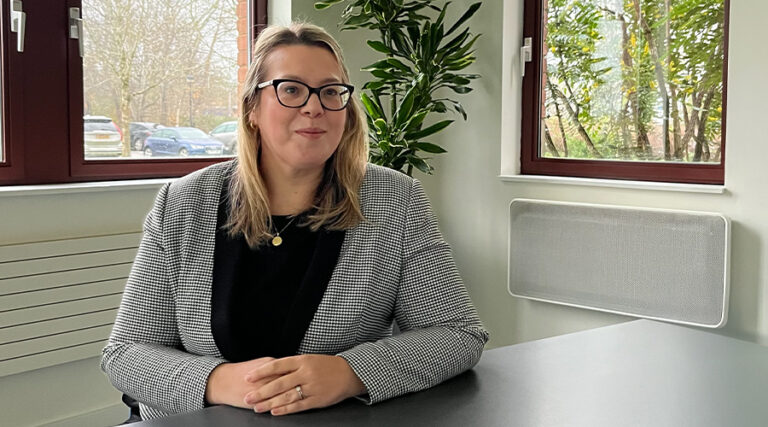
Proprietary Estoppel
Our experienced team supports you through proprietary estoppel claims whether you’re seeking to enforce an informal promise over property, land, or a farm.
Key contact

Katie Alsop
Partner, Head of Contentious Trusts and Probate
I specialise in claims concerning the validity of wills, proprietary estoppel both pre and post death, disputed estates involving agricultural assets, and the removal and substitution of executors.
What is proprietary estoppel?
Proprietary estoppel is a legal principle that stops someone from going back on a promise about property or land, when another person has relied on that promise and suffered a loss.
It often happens in farming families. A parent promises the farm to a child. The child works for years for little or no pay, believing the farm will be theirs. Then something changes – a falling out or the parent’s death – and the farm doesn’t pass as promised.
Historically, proprietary estoppel claims nearly always came to light after death, but we are seeing increasing numbers of cases being brought during lifetime due to the promisor having a change of heart. Indeed, the case law is following the same trend and many of the judgements which are being handed down are in cases where all parties are personally involved, rather than as executors of a deceased’s estate.
How we can help
We guide claimants with clear, empathetic advice, helping establish whether a promise was made, relied upon to detriment, and unfairly rescinded. With deep expertise in estates, family farms and inheritance disputes, we aim to resolve matters efficiently, often prior to court involvement.
Although wills, partnerships and proprietary estoppel often go hand-in-hand, that is most often because the combination of all three lead to a dispute when they do not align with one another on the papers, or verbal promises or assurances which have been given to a promisee. We can help navigate the issues, taking a holistic approach to protecting your wealth now and for the future.
Frequently asked questions on proprietary estoppel
Proprietary estoppel is a legal claim that can arise when someone is promised land or property, relies on that promise (often by working without payment or changing their life plans), and suffers a detriment when that promise is broken – typically through a will that fails to honour it.
Yes. If you were promised land, property, or a business (such as a farm) and relied on that promise, you may be able to bring a proprietary estoppel claim if you were not included in the will or inheritance arrangements.
To bring a successful claim, you must usually prove:
- A clear promise or assurance was made;
- You relied on that promise to your detriment; and
- It would be unfair or unjust not to uphold the promise.
Not always. Many cases can be resolved through negotiation or mediation. Our team will explore all options to achieve a fair outcome with minimal disruption and cost.
Claims are often brought by children of landowners, employees, or other relatives who were promised ownership of property or farmland but received nothing or less than expected.
If the property was promised to you but legally transferred or left to siblings, you may have a right to claim based on proprietary estoppel. Our team can help assess your options.
Yes. Mediation in proprietary estoppel claims has a high success rate. Estoppel claims lend themselves well to negotiation in a formal setting where an independent mediator shuttles between the parties in a bid to find some middle ground. Practically speaking, it also allows for terms to be agreed which may not be open to the Court to award as a remedy, and gives the parties the opportunity to consider any implications of the settlement terms as far as they relate to for example, the Sustainable Farming Incentive scheme and the current use of the farmland.












